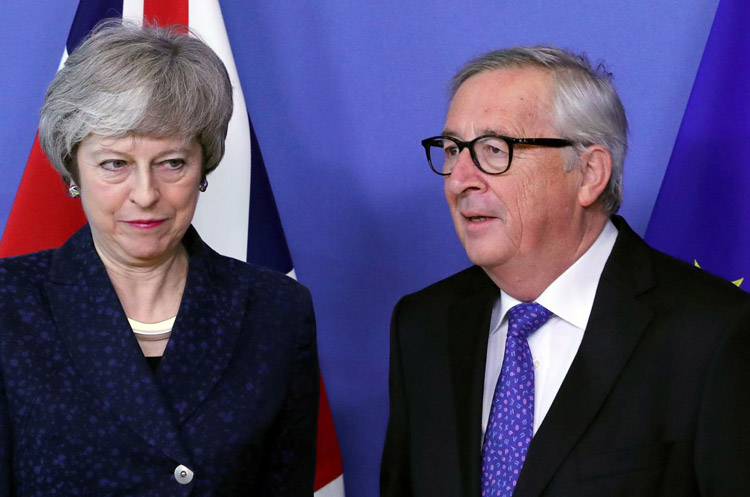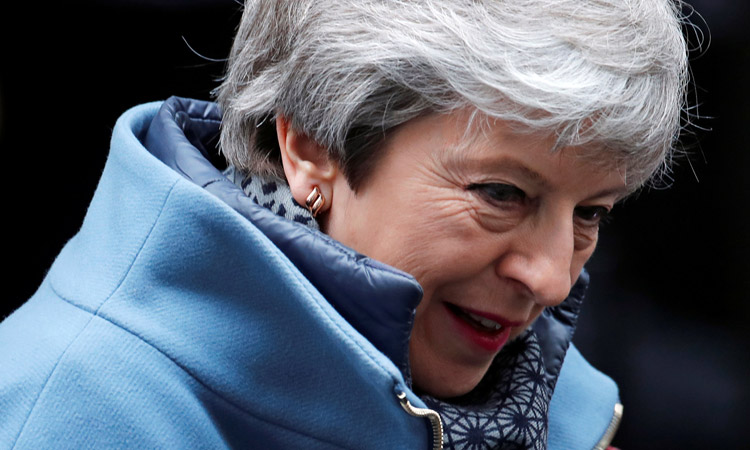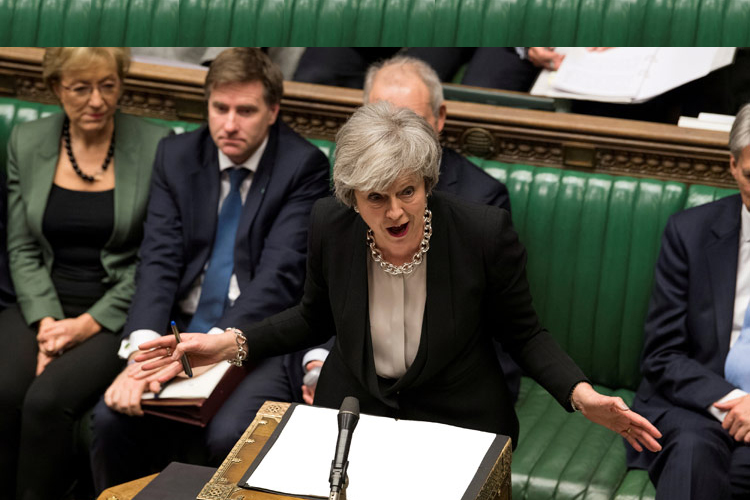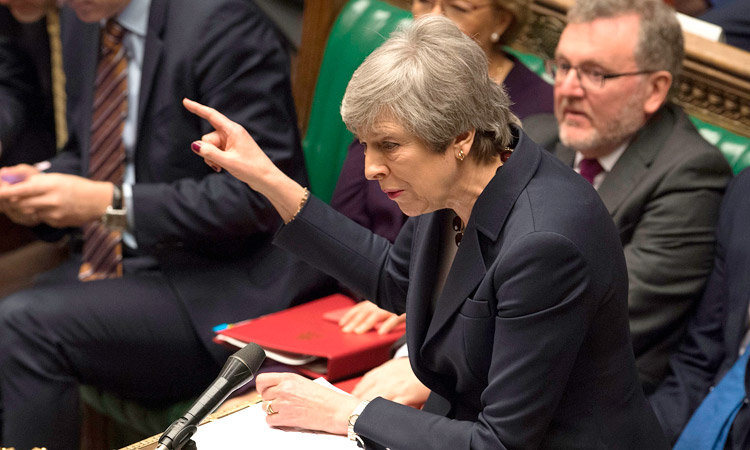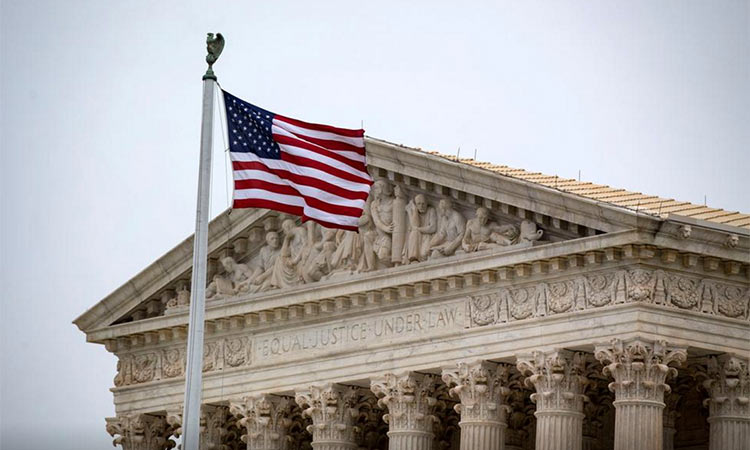Johnson’s problem isn’t the Tory leadership race

John Rentoul
@JohnRentoulChief Political Commentator, The Independent; visiting professor, King's College, London.
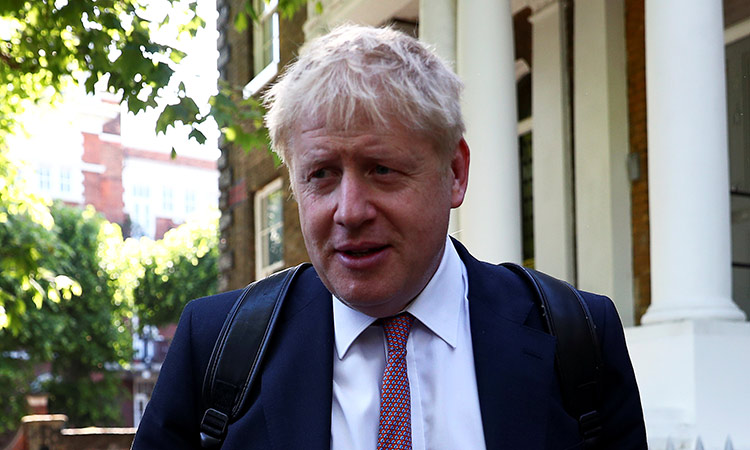
Boris Johnson
“They can’t hide Boris away forever,” one MP who supports a rival candidate said to me. Most of the MPs I speak to in Westminster launch into a similar conversation without prompting, whichever candidate they support, and that includes MPs of other parties.
They all know that Boris Johnson’s handlers are trying to keep him out of the public eye as much as possible. As the favourite, he has most to lose from scrutiny. His campaign so far has been orderly, disciplined and effective.
A campaign video, of edited snatches of Johnson canvassing on the streets of Peterborough, showed the candidate talking quietly and naturally to voters, who responded well to his advances.
It was accompanied by a series of announcements by MPs that they supported his leadership bid. By the end of this week, he had gained 16 new endorsements, taking his total to 47, well ahead of Michael Gove (32) and Jeremy Hunt (31). This is strikingly different from the confusion and indecision of his last bid for the leadership, torpedoed on the day of its launch by the defection of Gove, his campaign manager.
Many MPs wonder if Johnson can keep it up when the race enters its more public phase, with the first ballot of MPs next week. But when they accuse Johnson of hiding, they also mean that he is avoiding the hard questions about how he would take Britain out of the EU.
So far, he has got away with what his team would call “setting out the broad themes” in the hustings with MPs, from which journalists have been excluded. He has said in public, including in his campaign video, that we’ll come out of the EU, “deal or no deal”, on 31 October.
We have been told, by MPs who were present at the hustings, that he has ruled out a general election, another referendum and suspending parliament as ways of trying to ensure that Brexit is delivered when the Article 50 extension runs out.
But these have all been airy assurances of the “you don’t have to worry about that” kind, rather than specific commitments, and he has not been cross-examined with any rigour about how he intends to deliver.
He says the EU will give the UK a better deal if we threaten to leave without a deal. But by a better deal he means one without the backstop – the guarantee of an open border in Ireland. The EU is not going to agree to that, first because the open border is a non-negotiable principle, and second because it does not believe the UK will leave without a deal anyway.
EU leaders know that the House of Commons will not allow a no-deal exit. They know that the idea of suspending – or proroguing – parliament while the country leaves without a deal on 31 October is not possible. They will have seen John Bercow, the speaker, and a procession of constitutional lawyers line up to say that parliament can block its own prorogation.
That leaves an early election or a new referendum as the only ways of breaking the gridlock. Those are the questions around which conversations in Westminster endlessly revolve. Would Johnson, who sees himself as a person of destiny in the mould of Churchill, take the risk of calling an election?
If he stood on a “no-deal if necessary” platform, would Brexit Party voters be won back? Would he have to offer Nigel Farage a seat in the cabinet or a place in the House of Lords? Would Philip Hammond, Amber Rudd and David Gauke quit, or be deselected, or lose their seats to a Brexit Party challenge? Would Johnson win a secure majority for a no-deal exit, or would he just hand No 10 to Jeremy Corbyn, after an election fought on the issue of austerity?
So many questions for our next prime minister. Perhaps next week he will start to answer them.
